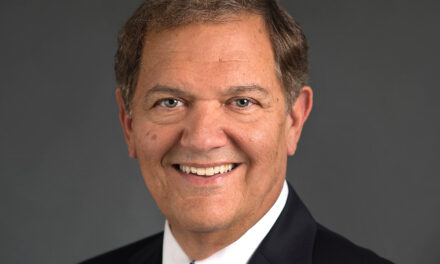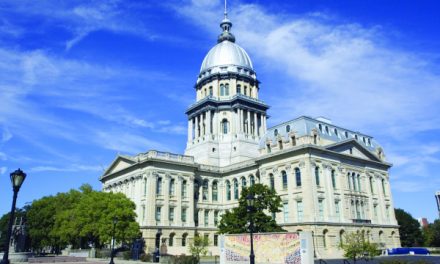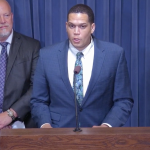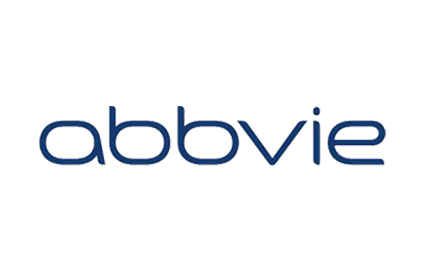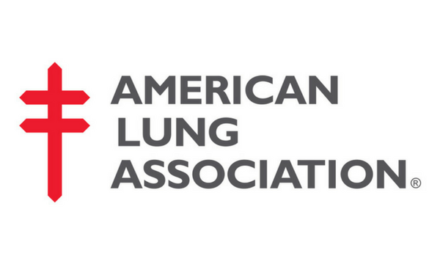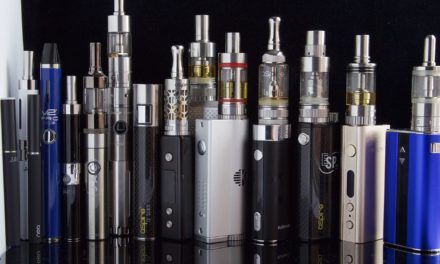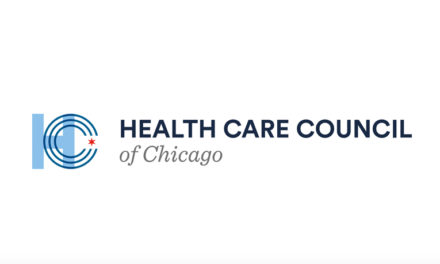
Pritzker signs $46 billion spending package
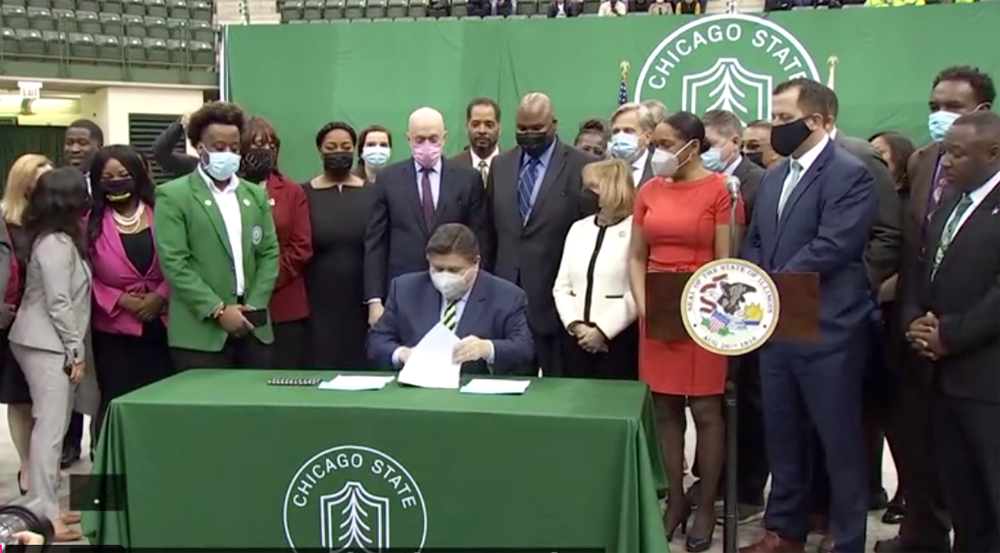
Gov. JB Pritzker signed a roughly $46 billion spending plan Tuesday morning, providing hundreds of millions of federal COVID-19 relief funds toward healthcare measures.
Pritzker said the package includes provisions to strengthen the healthcare workforce and historical investments in mental health and substance use disorder services.
“The budget that I’m signing today brings real improvements to the lives of working families and sets us up for a stronger fiscal future,” he said during a bill signing in Chicago. “Putting people first is what this budget is all about.”
The Democratic-backed spending plan includes $225 million in federal funds to support Illinois nursing homes, which advocates say will help address the industry’s workforce shortage.
The plan also specifies various amounts for safety-net hospitals across Illinois, including $58.7 million in federal relief funds for 25 specific hospitals – which are also targeted for another $69.8 million in general revenue funds. An additional $37.7 million in federal funds will go to 14 specific safety-net hospitals. And the Department of Healthcare and Family Services is receiving $60 million to support the state’s safety-net hospitals.
The budget also allocates $320 million in federal funds for the state’s COVID-19 response. Of that, $200 million will head to the Illinois Emergency Management Agency, $50 million to both the departments of correction and human services, and $20 million to the Department of Public Health.
Other federal allocations include:
- $30 million in financial assistance for ground ambulance service providers that have faced challenges due to COVID-19.
- $49.2 million for grants for mental health, behavioral health, substance use disorder treatment and other services.
- $5 million for mental health services for first responders.
Pritzker signed a plan in March to direct $2.7 billion in federal relief funds available under the American Rescue Plan Act to partially repay a $4.5 billion debt in the unemployment fund. That law also covered other debts with non-ARPA money, like $898 million in legacy debt for state employee health insurance.
Other items include:
- $230 million to mental health care and community-based substance use disorder treatment providers through rate enhancements.
- $200 million for healthcare and hospital transformation.
- $180 million is set aside to preserve and expand the healthcare workforce, focusing on underserved and rural areas.
- $150 million to implement a program to support children who have complex behavioral health needs and require intensive services and support.
- $70 million to implement the 988 call center and crisis response for individuals experiencing a mental health crisis.
- $25 million to increase rates for federally qualified health centers.
- $25 million to create a program through the Illinois Community College Board to train and provide support to students entering the healthcare workforce.
- $8 million for certified recovery support specialist funding.
- $7.3 million for incentive payments to specialized mental health rehabilitation facilities.
- $7 million to the Department of Human Services to support Illinois’ hospitals.
- $6 million for a workforce center to strengthen the state’s mental health workforce.
- $5 million for student loan repayment for mental health providers.
- An appropriation framework for the first year of funding from the national multi-state opioid settlement agreement for prevention, treatment and recovery services.
The proposal also waives licensing fees for nearly 470,000 healthcare workers.
Democratic lawmakers joined Pritzker Tuesday to celebrate the signing and, in part, its investment in healthcare.
“Healthcare is a human right, and this budget invests in the healthcare workforce initiative so we make the system more inclusive and responsive to the medical needs of all Illinoisans,” said Rep. Robyn Gabel, D-Evanston.
The budget also allocates roughly $95 million toward the implementation of a five-year funding plan to support developmental disability services. Advocates had called on lawmakers to provide $246.8 million.
“Our goal moving forward will be to work with the Legislature and governor to calculate the increase needed in FY 2024 to meet these goals and to make another strong advocacy push for full funding,” the Illinois Association of Rehabilitation Facilities said in a statement Tuesday. “Our members and their communities deserve nothing less.”

